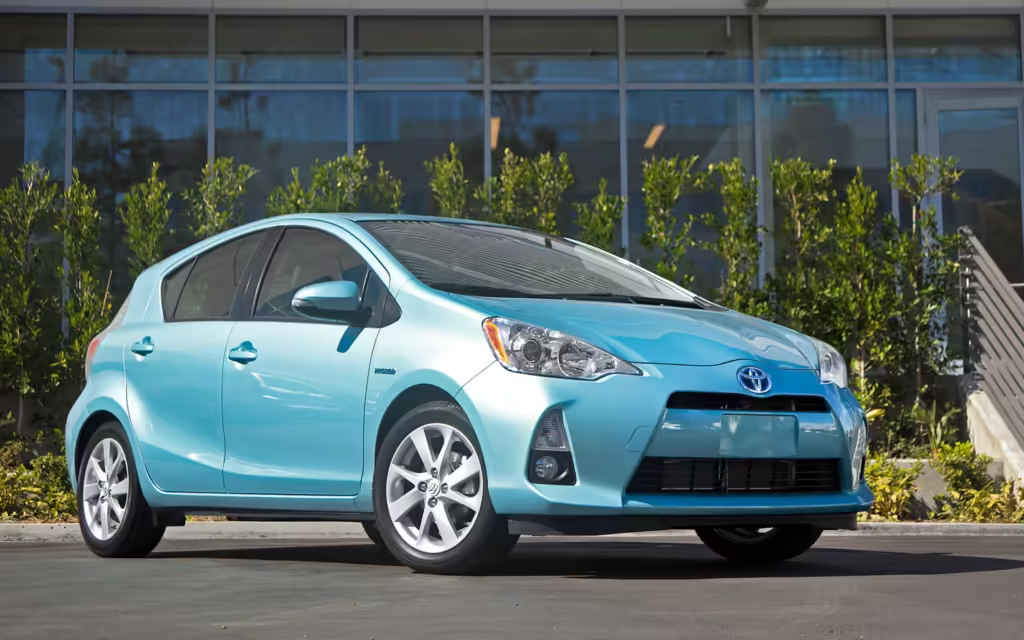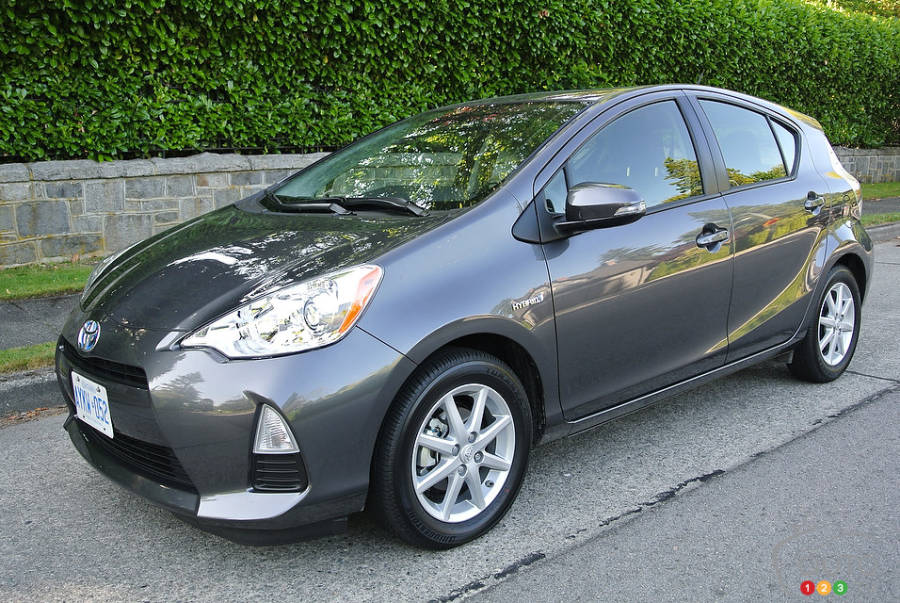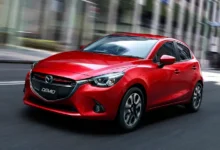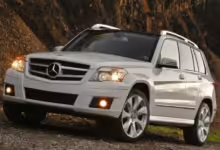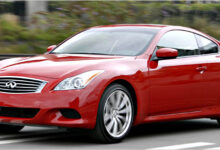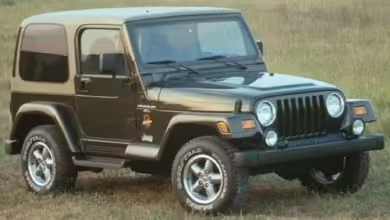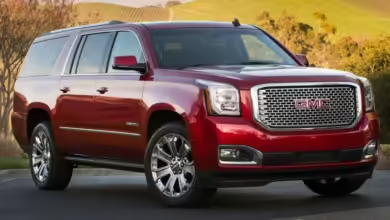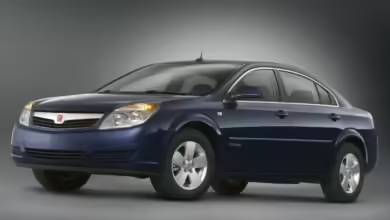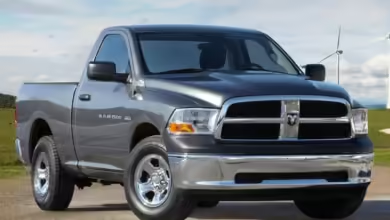Prius C Years to Avoid: A Comprehensive Guide for Buyers
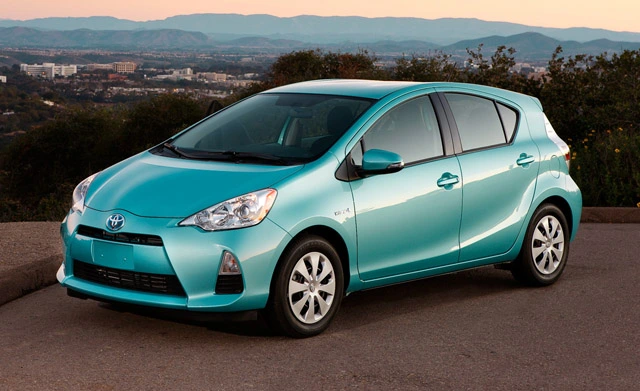
When shopping for a used Prius C, it’s essential to know which years to approach with caution. While the Prius C is generally known for its reliability and fuel efficiency, not all model years are created equal. Some years, particularly from 2012 to 2014, are considered the “Prius C years to avoid” due to various mechanical and technical issues. Understanding the specific problems associated with these years can save you from potential headaches and costly repairs down the road. Let’s dive into what makes these particular model years less desirable and why they might be best left on the lot.
2012 Prius C: The Rocky Start
The 2012 Prius C marked the introduction of Toyota’s compact hybrid, a promising addition to the Prius family. However, the reality for many owners was a bit more challenging. One of the most significant issues with the 2012 model was its hybrid system. There were numerous reports of problems with the battery and inverter, which are critical components of the vehicle’s hybrid operation. These issues often led to frustrating breakdowns and expensive repairs. Additionally, being the first model year, it suffered from the typical teething problems that come with new technology. For those seeking a trouble-free ride, the 2012 Prius C might be one to skip.
2013 Prius C: A Bit of a Rough Ride
The 2013 Prius C didn’t fare much better than its predecessor. While some of the hybrid system issues were addressed, this model year still struggled with excessive road noise. Owners frequently complained that the car felt less refined, with the interior lacking the quality insulation found in other vehicles. This made the driving experience less enjoyable, especially on longer trips. Additionally, the infotainment system in the 2013 model was a common source of frustration. With a glitchy interface and occasional failures, it was clear that Toyota still had some kinks to work out in this year’s model.
2014 Prius C: A Mixed Bag
By 2014, you might expect that the Prius C would have found its stride, but unfortunately, it still had some lingering issues. The most notable problem with the 2014 model was its transmission and hybrid system. Some owners reported that the car could be sluggish and unresponsive, particularly when transitioning between gas and electric power. This could make the driving experience feel disconnected and, at times, even unsafe. While improvements were made in other areas, these core mechanical issues made the 2014 Prius C less reliable than later models.
